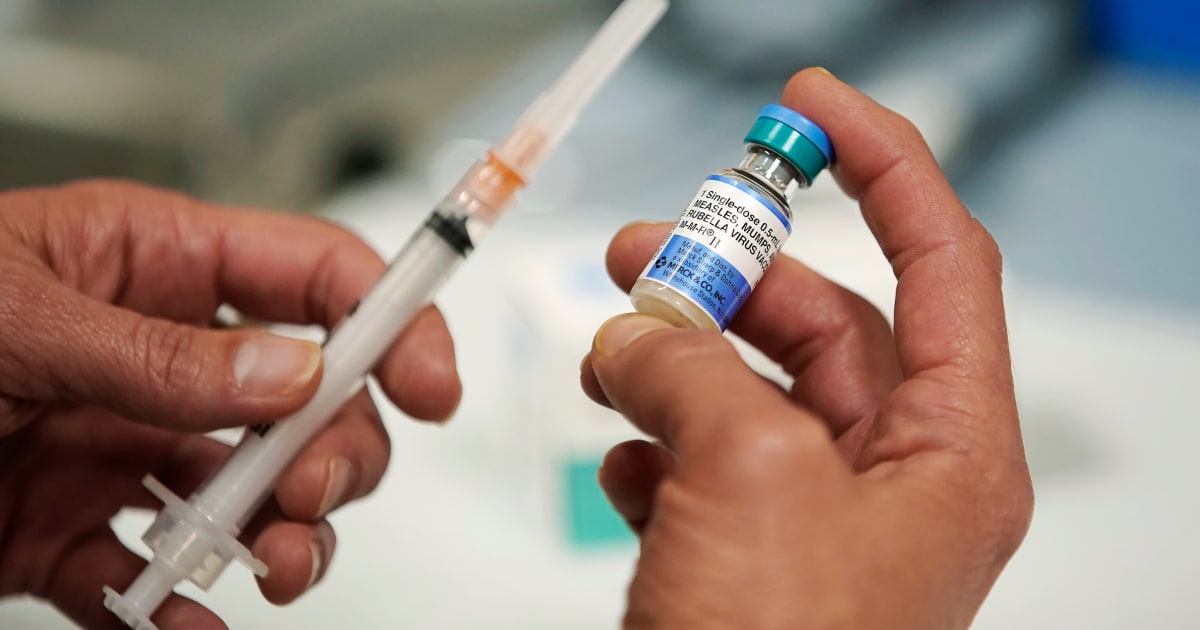At least eight people have been diagnosed with measles in an outbreak that started last month in the Philadelphia area. The most recent two cases were confirmed on Monday.
The outbreak began after a child who’d recently spent time in another country was admitted to the Children’s Hospital of Philadelphia (CHOP) with an infection, which was subsequently identified as measles. The Philadelphia Department of Public Health considers the case to be “imported” but did not say from where.
The disease then spread to three other people at CHOP, two of whom were already hospitalized there for other reasons.
Two of those infected at the hospital were a parent and child. The child had not been vaccinated and the parent was offered medication usually given to unvaccinated people that can prevent infection after exposure to measles, but refused it, the Philadelphia Inquirer first reported.
Despite quarantine instructions, the child was sent to day care on Dec. 20 and 21, the health department said.



It’s likely that this was probably an ER visit. That means they still would’ve had to wait in the ER waiting room in order of importance.
The ER staff make educated guesses of how important it is someone gets seen right now based on reported symptoms, reported recent travels, temperature, etc… Then people get seen in order from (for lack of a better phrase) most likely to die right now to least likely. Sometimes, the ER waiting room staff get it wrong, sometimes the patient isn’t entirely honest, and sometimes symptoms unexpectedly worsen or change while the patient is in the waiting room.
Another scenario: if this wasn’t an ER visit but instead a scheduled hospital visit, they likely still would’ve had to wait. They could probably fill out the required forms online, but they probably still would’ve had to wait until a doctor was actually available to see them, which could take a while. Doctors are almost never on time for appointments, mainly because they can only roughly estimate how long each appointment will actually take, and that’s arguably more true for hospitals than it is for your normal neighborhood doctor.
All that to say that, unfortunately, hospital waiting rooms typically aren’t very avoidable.
Not without a total overhaul of the intake process and a redesign of the necessary infrastructure, at least. Controlled access, keeping patients separate, delays to change the air and sanitize each room before a new patient is admitted, etcetera.
It sounds both practical and doable to me, but also expensive.